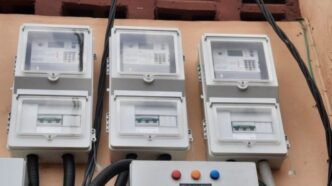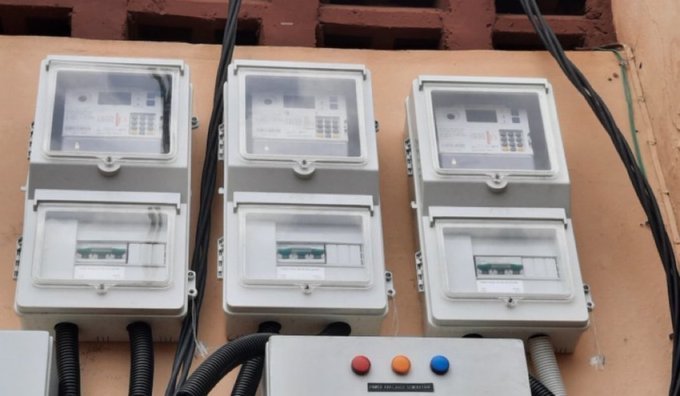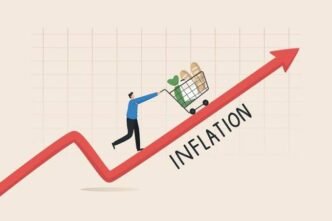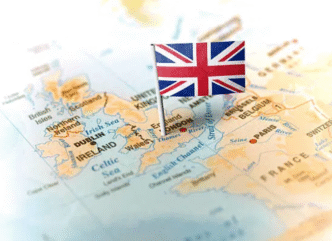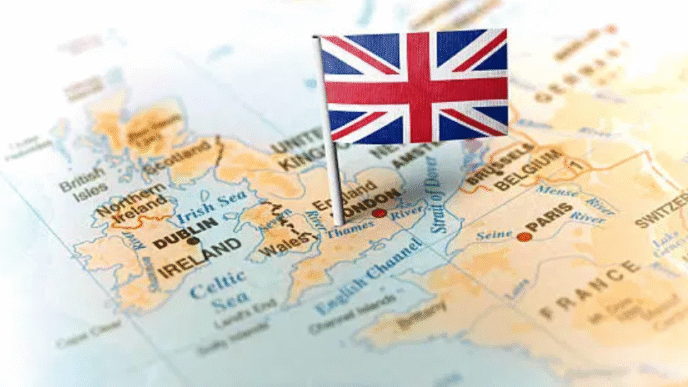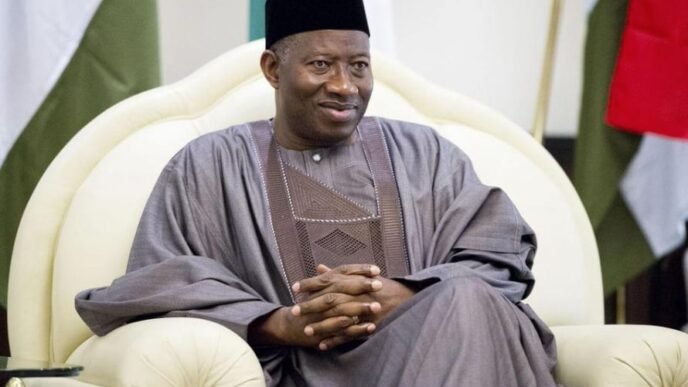Abuja, Nigeria — In a bold regulatory move to close Nigeria’s metering gap and curb electricity theft, the Nigerian Electricity Regulatory Commission (NERC) has approved ₦28 billion in funding for Distribution Companies (DisCos) to procure and install free electricity meters for eligible customers. The decision represents a major step in Nigeria’s ongoing efforts to modernize the power sector, protect revenue, and improve service delivery.
What the Approval Entails
According to a recent NERC order and industry reports, the ₦28 billion allocation is to be deployed under the Meter Acquisition Fund (MAF) and the Presidential Metering Initiative (PMI) frameworks. The aim is to provide meters to unmetered customers, especially those in high-service tariff bands (so-called “Band A” customers), at no cost to the beneficiaries.
Under the approved scheme:
- DisCos will be required to transparently procure meters via competitive bidding processes.
- The meters will be installed free of charge for eligible customers within each company’s franchise area.
- The procurement, deployment, and installation processes must meet specifications and standards as determined by NERC.
- A reporting requirement binds DisCos to submit details of meter procurement, prices, lists of customers metered, and installation timelines to NERC for oversight and approval.
The ₦28 billion is envisioned as a further tranche or expansion beyond earlier allocations made under the MAF scheme. Previously, NERC had approved ₦21 billion to DisCos to meter customers under similar conditions. That earlier allocation was meant for “tranche A” of the PMI and targeted Band A customers. (Earlier funding frameworks had been described in NERC’s 2024 meter-deployment orders.)
Background: Metering Gap, Revenue Loss, and Sector Challenges
The Metering Gap
Nigeria’s electricity sector has long struggled with a substantial metering gap — millions of electricity customers remain unmetered. This gap allows for billing irregularities, revenue leakage, and limits the ability of DisCos to collect accurate charges. Unmetered customers are often billed on estimates, which fuels disputes and mistrust between consumers and DisCos.
Revenue Protection & Theft
A core justification for the free meter rollout is revenue protection. Losses from theft, diversion, and unbilled usage drain the financial viability of Distribution Companies. By equipping more customers with meters, DisCos can more reliably measure usage, bill accurately, and reduce commercial losses. NERC and power sector analysts view this as essential to improving the sector’s financial sustainability.
DisCos’ Financial Constraints
One of the recurring challenges facing Distribution Companies is access to capital and credit. Many DisCos lack the balance-sheet strength or investor confidence to borrow funds for capital-intensive meter rollout projects. The Meter Acquisition Fund was created precisely to bridge that gap — providing DisCos with access to funding tied to a credible revenue stream, rather than leaving them to shoulder the full burden themselves.
Previous Allocations & Tranches
In June 2024, NERC had earlier authorized ₦21 billion under its MAF/PMI scheme for DisCos to meter customers without cost. That intervention, often described as “tranche A,” was reserved for Band A customers and was expected to close part of the metering deficit. The newly approved ₦28 billion appears to be a scaled-up or subsequent phase, indicating a broader or deeper commitment to metering expansion.
Who Benefits: Targeted Customers & Tariff Bands
The free-meter rollout will focus primarily on Band A customers — those who receive more consistent electricity supply and fall under premium tariff categories. These customers are often more able to absorb costs but also represent key revenue streams for DisCos if properly metered.
By prioritizing customers in Band A, the scheme intends to:
- Secure critical revenue inflows for DisCos.
- Encourage property owners and high-demand consumers to adopt compliant metered connections.
- Reduce resistance from high-usage customers who previously evaded metering.
However, it is expected that subsequent tranches or phases may target customers in other bands or categories as funding and capacity permit.
Implementation, Oversight & Risks
Transparent Procurement Requirements
NERC’s directive mandates that DisCos conduct competitive procurement to select meter providers, ensuring fair pricing, quality assurance, and accountability. Each procurement must be detailed and submitted to NERC for approval, including meter unit price, vendor credentials, and technical specifications. DisCos must also provide customer lists for meter deployment.
The meter installations should occur within 60 days of procurement approval, according to earlier NERC orders. Delays, noncompliance, or substandard meters could attract penalties or further regulatory scrutiny.
Reporting & Auditing
DisCos are required to submit periodic reports to NERC, including:
- Meter quantities procured and installed.
- Cost breakdowns.
- List of customers metered.
- Any deviations or challenges encountered.
- Quality tests and verification results.
These reports will serve as a basis for NERC audits and regulatory oversight to prevent misappropriation or poor delivery.
Technical and Logistical Risks
Implementing a large-scale free meter rollout is not without challenges:
- Meter durability and quality: Poorly manufactured meters may fail prematurely, undermining trust and reversing gains.
- Installation logistics: Reaching customers across remote or difficult terrain may slow deployment.
- Consumer verification: Ensuring eligibility, validating property ownership, or dealing with disputes may add complexity.
- Corruption or misallocation: Weak oversight could allow diversion of meters or funds.
- Sustainability: After the initial free installation, maintenance, upgrades, and replacements must be funded sustainably.
Funding Sustainability
While ₦28 billion is a large infusion, it may not fully meet Nigeria’s entire metering deficit, estimated in the millions of unmetered connections. NERC and policymakers will need to ensure that the Meter Acquisition Fund is replenished regularly, possibly via tariff adjustments, government contributions, or contributions from DisCos themselves. Without sustained funding, the rollout risks being partial or stalled.
Implications for Distribution Companies, Consumers & the Sector
For DisCos
- Immediate relief: DisCos will no longer bear the full cost burden of procuring and installing meters, improving cash flow and capital planning.
- Improved accountability: Regulatory oversight will encourage better procurement practices, quality assurance, and customer engagement.
- Enhanced collections: With more metered customers, DisCos can better track usage, reduce unbilled revenue, and improve solvency.
For Consumers
- Free meter installations will reduce the burden on households and small businesses that previously needed to pay for metering.
- Accurate billing: Metered usage will replace estimated billing, reducing overcharges or disputes.
- Greater transparency: Customers will have clearer visibility into usage patterns and energy costs.
- Consumer trust: A well-executed rollout can improve public confidence in the power sector.
For the Power Sector
- Revenue stability: By converting unmetered customers to metered, the sector’s financial underpinnings become more stable.
- Loss reduction: Commercial and collection losses will drop, improving sector efficiency.
- Attracting investment: A more credible and accountable system may attract private capital into metering technology, grid upgrades, and smart systems.
- Policy momentum: The move could accelerate further reforms — smart metering, digitalization, grid modernization, and regulatory innovation.
Challenges & Necessary Safeguards
- Monitoring execution: Strong regulatory enforcement must ensure DisCos do not cut corners or divert funds.
- Post-installation maintenance: Funding for upkeep, calibration, and replacement must be ensured.
- Consumer education: Many users will need awareness campaigns on how to use meters, read consumption, and dispute bills.
- Avoiding inequality: Future phases must ensure that lower-income or rural consumers are not sidelined.
- Legal clarity: Clear legal frameworks must address liability, meter theft, vandalism, and warranty terms.
What to Watch Next
- Detailed DisCo allocations
Which DisCos will receive how much of the ₦28 billion — and how it is apportioned — will reveal priority areas and the scale of rollout per state. - Procurement disclosures
Watch for published tenders, vendor lists, unit costs, and technical specifications. - Timeline adherence
Whether installations will be completed within mandated windows (e.g. 60 days) will test DisCos’ capacity. - Audit reports
Audits by NERC or independent auditors will be key to validating compliance and accountability. - Consumer uptake & feedback
Reaction from customers receiving free meters — installation quality, accuracy, and utility — will shape public perception. - Metering gap closure rate
Over time, it will be critical to measure how many previously unmetered connections are converted and whether the gap significantly shrinks. - Tariff and funding policies
Future decisions on who bears the cost of replacement, maintenance, and future expansions will influence sustainability.
Conclusion
The NERC’s approval of ₦28 billion for the deployment of free electricity meters marks a pivotal moment in Nigeria’s power sector reform. The move combines regulatory oversight, financial subsidy, and targeted intervention to address one of the sector’s most persistent challenges: the metering deficit.
If implemented with transparency, technical quality, and accountability, the program promises to transform electricity billing, reduce losses, and restore confidence among consumers and investors alike. But success hinges on execution — efficient procurement, diligent oversight, timely installation, and sustainable maintenance funding.
As the rollout begins, stakeholders across government, the power industry, and civil society must monitor every step. For Nigeria’s electricity future, this could be a turning point — provided the commitment to reform is matched by clean, competent delivery on the ground.

